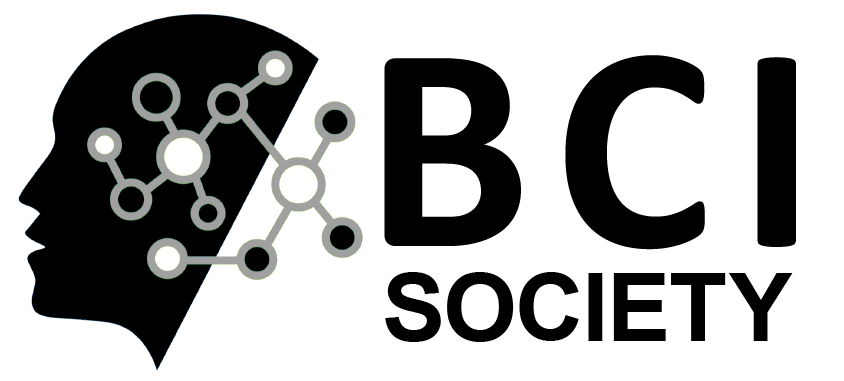Master Classes
We will be offering 12 one-hour Master Classes, 6 parallel on Wednesday evening, and 6 parallel on Thursday afternoon. Each masterclass will have a ‘master’, i.e. a senior researcher, and two students. Anyone else is free to attend and contribute but only 2 students get to present their work. Each student presents his/her research (10-15 minutes), then the master provides wise and constructive comments and discussion is encouraged with the audience. The masterclass is informal and is intended to give students access to senior expertise and get good tips for their research.
